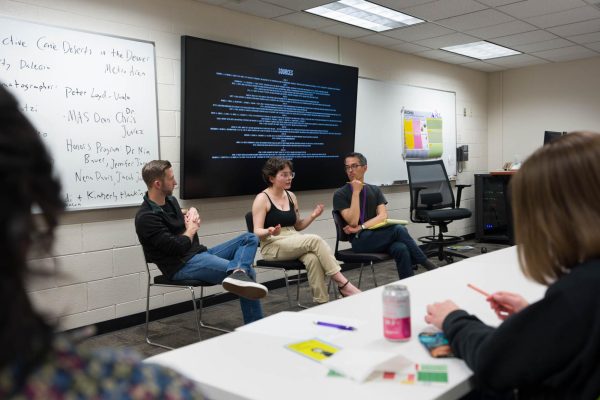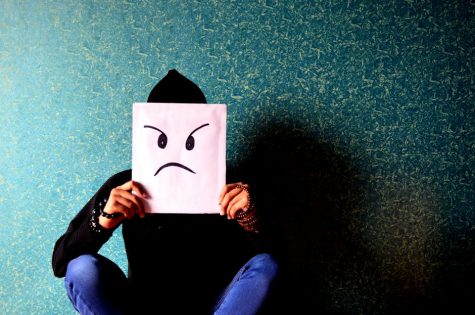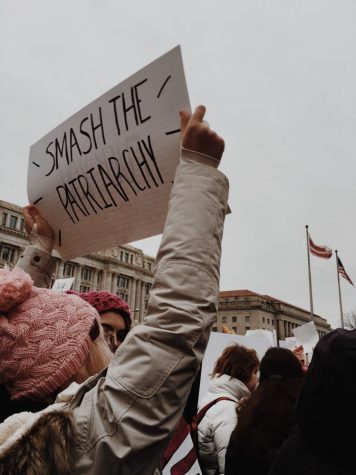Banned Books Op-Ed
Image via Erik Mclean
Books in a case. Taken June 6, 2020.
Throughout history, many different regimes have attempted to control and suppress knowledge. During the Second World War, government censorship of books was at its height and spearheaded by Hitler and the Nazi party. Likewise, other fascist dictators, such as Italy’s Benito Mussolini, led an effort to suppress books; thereby subverting dissent and ideologies that posed a threat to the regime. Similarly, in the United States, censorship was prominent with the Anti-Obscenity Act of 1873 and the Espionage & Sedition Act of 1917, which allowed the federal government to weaponize the power of the state to crack down on politically subversive literature. In the century following, the United States continued to censor literature under state and local laws that contained references to premarital sex, homosexuality, socialism, and other materials. In contemporary times, efforts to censor literature are still a prominent issue and threaten a free society.
Many countries have had various reasons for imposing censorship on society throughout history. Although not as extreme as the fascist regimes that went to the extent of the mass burning of literature, censorship of books in the present day poses a significant problem to the process of democracy. Under the guise of obscenity, foul language, religious objections, and promotion of critical race and gender theory, advocates for banning books have waged a campaign in the past few decades to prohibit specific literature in public and school libraries. The American Library Association, an organization that documents censorship of literature in the United States, reported that more than 1,597 books in 2021 were challenged and censored from public and school libraries. This trend of censorship in the United States is very troubling for our notion of free speech and our democratic values.
The very act of banning a book is antithetical to the notion of the word “democracy.” The Latin root of the word “democracy” means the rule of the people. With this said, the general population must be informed of the agenda to make decisions and to rule in a democratic manner. By banning a piece of literature, the government, school, or library acts as an arbiter for what is appropriate for the general population to read, learn and consume. By censoring books, we take away the ability of the individual to decipher what ideas they want to learn. Instead, censorship gives institutions more power in facilitating this process of determining what information individuals can access. Censoring also suppresses history and takes away the ability of future generations to learn from the past to avoid repeating the same mistakes. Regardless of the mode, the act of censorship is fundamentally antithetical to the notion of freedom of the press and freedom of speech and should be vehemently opposed.
















